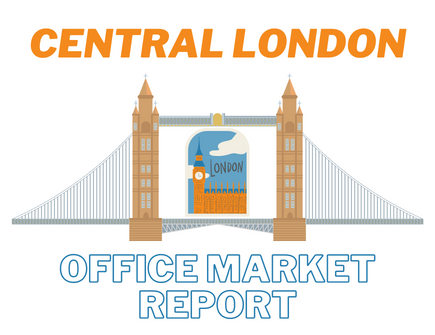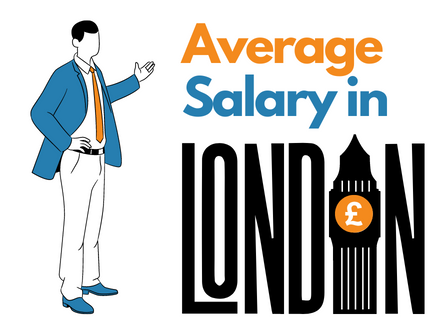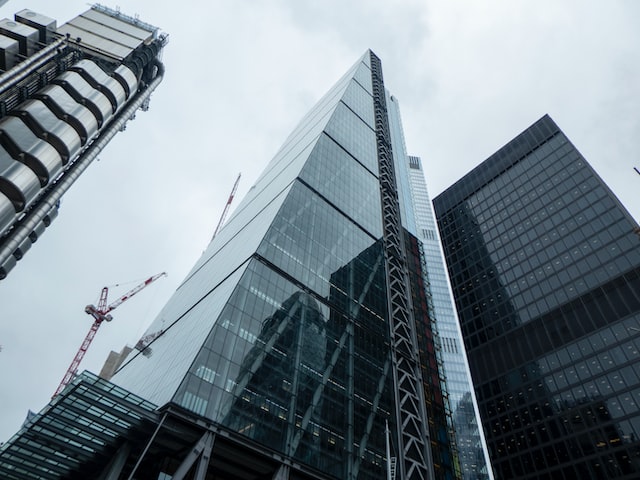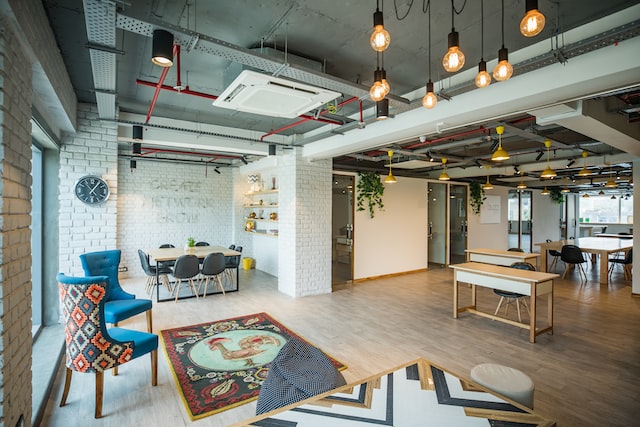
Central London Market Overview
Over the past few years, most major UK office markets have witnessed an occupier flight to quality. The priority seen when it comes to the leasing and acquisition of high quality office space is understandable, particularly when you consider the volatility and uncertainty that dominated the global commercial real estate market in recent times. As a wide range of businesses, particularly SMEs, continue to be unsure about whether or not in-person working will return to prior prominence. This reality makes putting pen to paper especially difficult, as physical occupancy levels remain difficult to gauge and physical spaces become harder to justify.
A flight to quality makes sound investment sense in a volatile market, largely due to high-end assets tending to at least retain their value during periods of uncertainty. Additionally, large firms with a heavy investment in the smooth transition back to the office, both in terms of time and money, have sought to secure quality space to attract their workforces back in a physical capacity.
This priority for tenancy in Grade A office space has been extremely clear in London for a number of years, resoundingly consolidating itself during the pandemic and continuing to show no signs of abating.
So, how exactly is the Central London office market faring after years of upheaval? In this Central London office market report, we take a look at the most current industry data, explore ramifications of this data, and predict where currently observed trends will lead us.
Continue reading “Central London Office Market Report Q2 2022” →




 It’s been widely reported that workers, in general, have
It’s been widely reported that workers, in general, have  Digital transformation is affecting every industry in some way or another. The way we bank, the way we purchase goods and services, the way we interact with healthcare providers – it’s all changing because of the digital transformation journeys undertaken by businesses across the globe. In this blog post, we’ll explore how different industries are being transformed by digital technologies, and discuss the implications for businesses and consumers alike.
Digital transformation is affecting every industry in some way or another. The way we bank, the way we purchase goods and services, the way we interact with healthcare providers – it’s all changing because of the digital transformation journeys undertaken by businesses across the globe. In this blog post, we’ll explore how different industries are being transformed by digital technologies, and discuss the implications for businesses and consumers alike. If the events of recent years have been any indication, it’s clearly safe to say that the concept of remote work is one that’s here to stay. The widespread adoption of this working model, borne out of necessity throughout the pandemic, has completely changed the way that some businesses operate. We’re now seeing entire companies and products launched off the back of the work done by completely remote workforces, buoyed by the flexibility this type of work provides and the improvements it affords work-life balance. But how exactly do employees feel about the concept of a remote working policy now that the dust has settled? Does this type of work still have major support? Or are employees slowly getting the itch to return to the structure provided by a more traditional working environment?
If the events of recent years have been any indication, it’s clearly safe to say that the concept of remote work is one that’s here to stay. The widespread adoption of this working model, borne out of necessity throughout the pandemic, has completely changed the way that some businesses operate. We’re now seeing entire companies and products launched off the back of the work done by completely remote workforces, buoyed by the flexibility this type of work provides and the improvements it affords work-life balance. But how exactly do employees feel about the concept of a remote working policy now that the dust has settled? Does this type of work still have major support? Or are employees slowly getting the itch to return to the structure provided by a more traditional working environment?  Located at 122 Leadenhall Street, The Leadenhall Building – also known as ‘The Cheesegrater’ – is one of the most iconic skyscrapers in London. Standing as the second highest structure in London, this building has been a major attraction for tourists and business people alike. The building’s unique design, which features a series of cantilevered glass panels, has also made it a
Located at 122 Leadenhall Street, The Leadenhall Building – also known as ‘The Cheesegrater’ – is one of the most iconic skyscrapers in London. Standing as the second highest structure in London, this building has been a major attraction for tourists and business people alike. The building’s unique design, which features a series of cantilevered glass panels, has also made it a 

